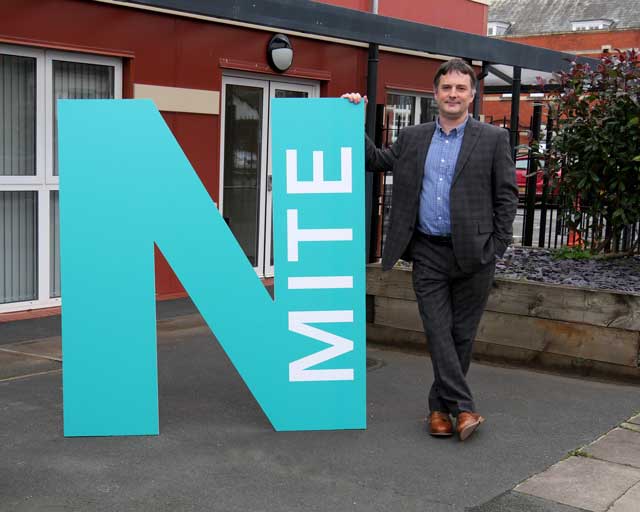
The 2021 A Level results showed a record number of passes at A* or A – almost 45% – across England, Wales and Northern Ireland. Results from the Scottish Higher examinations released by the Scottish Qualifications Authority were down on last year although still well ahead of the 2019 performance.
Engineering institutions have congratulated students but are calling on them to be flexible in considering apprenticeships as well as degrees for manufacturing careers, and urge employers to be flexible in recruitment policies.
Flexibility in career development is a major plank in the strategy of the New Model Institute for Technology and Engineering NMITE, which is taking its first students in September) for its Integrated Engineering Masters’ Degree (MEng). This is an accelerated programme with learners graduating in three years rather than four.
NMITE aims to deliver a different model of higher education, developing work-ready, talented engineers. It aims to recruit a diverse cohort, including learners who may not have considered engineering as a career. Rather than studying engineering, NMITE says these students will be learning how to become engineers.
NMITE says its curriculum is designed to bring the engineering disciplines together, integrating the liberal arts and the interpersonal skills needed by employers to tackle the world’s problems.
James Newby, Chief Operating Officer, said: “We are not a classic university course, we are distinctly different and could almost be described as a blend of degree, apprenticeship and real world experience in what we offer. Our goal is to change the face of higher education in the UK, creating the engineers of the future. Our focus is learning by doing and working with our employer partners is the right path for students who want to be prepared with high quality work-ready skills in just three years, and therefore able to walk into a job when they graduate from NMITE as a professional engineer.”
Bhavina Bharkhada, Make UK Head of Policy & Campaigns said the increase in top grades awarded in Maths amongst female students, and the high number of young people sitting STEM subjects is ‘fantastic news’, especially for the manufacturing sector: “The pandemic has shown just how integral our science, technology, and industrial base is to the UK and we hope these young people are inspired to join our sector to help to tackle the big societal challenges we face as we come out of the Covid crisis.
“We urge young people to look at wealth of opportunities and options available to them including apprenticeships when considering their next steps.”
The Institution of Engineering and Technology has urged employers and academia to be flexible in how they support students on the next stage of their learning. IET’s Stephanie Baxter said: “Employers and academia must be flexible and understanding when taking on new students or employees, acknowledging that grades have been awarded differently this year. They must also be aware of the loss of learning that has accumulated during the pandemic and take time to ensure all students have opportunities to access industry experience where possible.”
IET research has previously showed the importance of looking at the aptitude of candidates when assessing who would make the best future engineers. This included looking for students with more creativity and removing the requirement for engineering that students had to have studied maths and physics to an advanced level.

